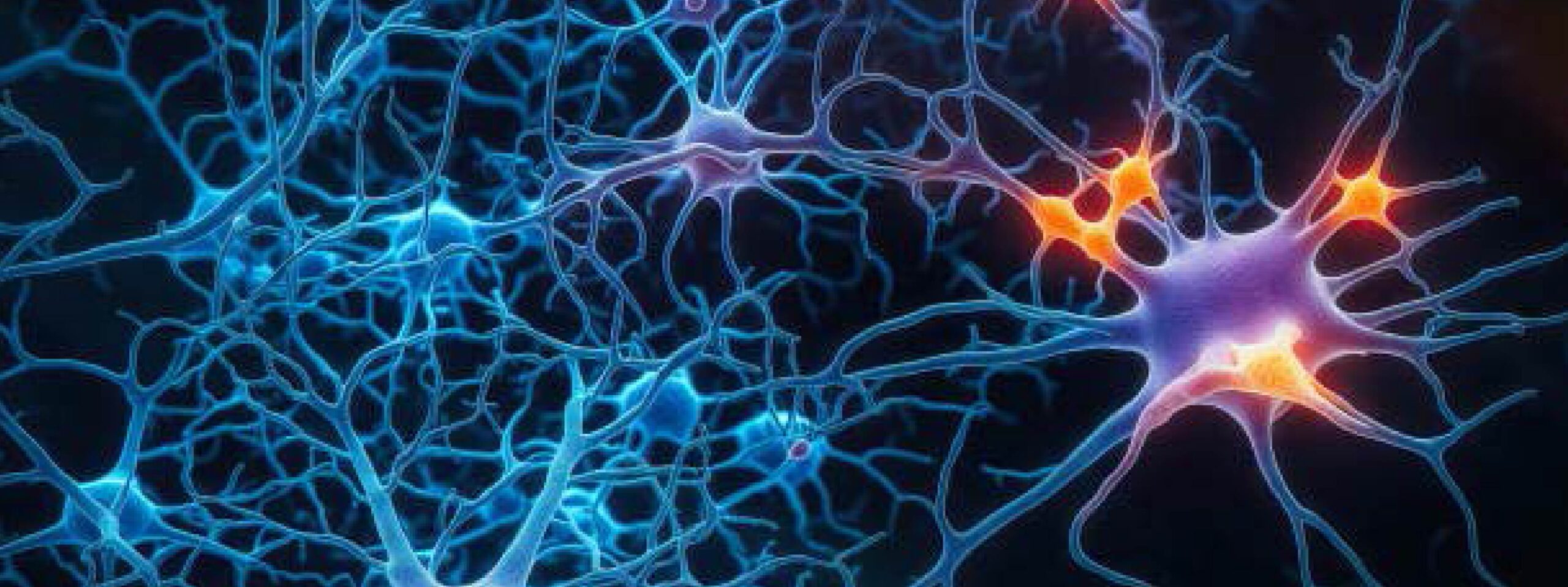Neuronal brain recording using sealed magnetic probe sensors
HOST INSTITUTION
ATLAS Neuroengineering (Belgium)
PhD PROJECT DESCRIPTION
NeuroNanotech will develop novel nanostructured flexible neural interfaces with highly improved tissue integration, minimizing foreign-body reactions and tissue scarring and allowing stable stimulation treatments. As main invention, you will develop a long-term, minimally invasive, ultra-sensitive spintronic magnetic sensor able to record stably without interfering with stimulation signals and avoiding electrode degradation. Connecting both interfaces, we will construct a minimal-invasive, closed-loop neurostimulation system that integrates feedback signals from the neural activity and provides real-time stimulation of the target structures according to the patient´s needs. The PhD student from ATLAS Neuro (R6) will mainly work on the design and development of the implant and together with the project partners work on the interfacing electronics. The implant will be evaluated together with Radboud University.
During the research project the student will have secondments at our project partners at CEA (Saclay, France), IMDEA (Madrid, Spain) Radboud University (Nijmegen, the Netherlands). During those secondments the student will learn and develop the main fundamentals of the spintronic magnetic based sensors at the location of the project partner. This know-how will be used during the micro-fabrication of the implant at ATLAS Neuro that will eventually be validated using an in vivo experiment in collaboration with Radboud University. The secondments will take one to two months per partner. The student will be trained in state-of-the-art cleanroom and lab facilities at the host institutions to gain hands-on experience for the development of the magnetic based sensors.
ATLAS Neuro participates annually in the Society of Neuroscience (SfN) meeting in the United States and bi-annually in the European neuroscience meeting (FENS) to which the doctoral candidate can also participate and present the novel research outcomes.
The student will enroll in the KU Leuven Arenberg Doctoral School (ADS) program which offers generic- and transferable skills. The student will also be co-supervised by prof. Michael Kraft who will make sure the student has sufficient scientific depth during the research project of 3 years. Professor Kraft leads the Micro- and Nano-systems (MMS) division and is in charge of the cleanroom and MEMS activities in the Leuven Nanocentre.
RESEARCH SUPERVISOR
- Title: Dr.
- Full name: Rik van Daal
- Email: vandaal@atlasneuro.com
- Research project/ Research Group website (Url): https://www.atlasneuro.com
RESEARCH GROUP DESCRIPTION
ATLAS Neuro is a world-leader SME in the field of high-density silicon and flexible probes for the preclinical neuroscience market. The company is located in Leuven (Belgium) and has over 15 years of microfabrication experience in developing neural interfaces for recording and stimulating the electrical activity in the brain. Our products are sold globally with our main customers located in the United States and Europe.
APPLICANT’S REQUIREMENTS
- You haven’t resided or carried out your main activity in Belgium for more than 12 months before recruitment date (September 2025).
- You haven’t obtained a PhD degree previously
- You hold a MSc in electrical engineering, biomedical engineering or similar field.
- You feel passionate to work in a lab, preferably have experience with cleanroom fabrication, but it is not strictly required.
- You have experience in computer-aided design.
- You are well organized, able to prioritize activities, and deliver efficiently.
- You are fluent in English
ADDITIONAL PHD APPLICATION AND RECRUITMENT STEPS
Applicants can apply for this position through the NeuroNanoTech website to which they can upload their CV and motivation letter. A panel of experts will review their applications and select and invite the top three candidates for an online oral meeting after which the most suitable candidate will be selected.
ELIGIBILITY CONDITIONS:
- Mobility requirements: candidates not have resided or carried out their main activity (work, studies, etc.) in Belgium for more than 12 months in the 36 months immediately before the recruitment date.
- Research experience: must be doctoral candidates, i.e. not already in possession of a doctoral degree at the date of recruitment.
- Candidates must enrol in a doctoral programme in the relevant EU Member State/Associated Country.
